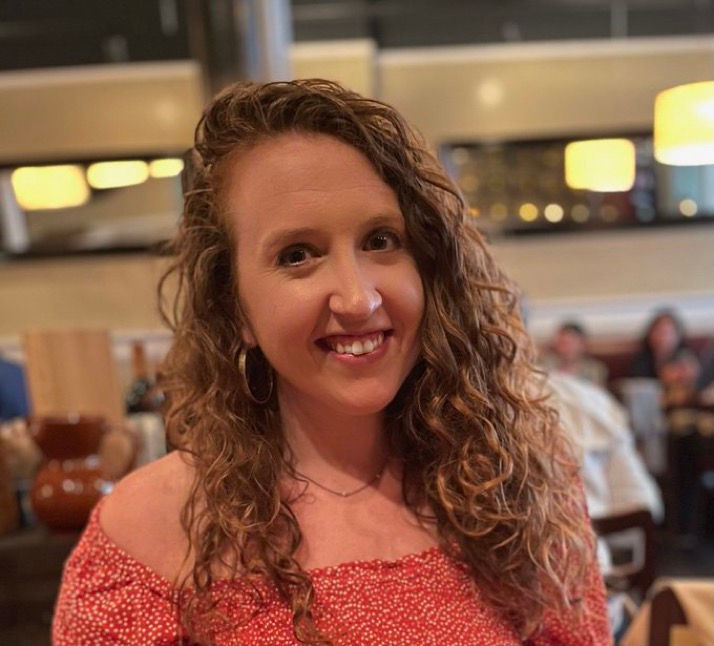Country in Chaos
- Stinger Admin

- Oct 9, 2021
- 3 min read
Updated: Oct 14, 2021
Mrs. Petras’s Journey and the Crisis in Afghanistan
By: Emdad S, News Editor
After twenty years and four presidents, the United States completed its troop withdrawal and evacuation from Afghanistan. In the last month, 63,000 people, including dozens of refugees, have left Afghanistan to start a new
life in the U.S., including many in NOVA. FCPS says it has added over 60 refugee students to its enrollment.
Herndon High’s beloved social studies teacher, Mrs. Petras, is an Afghan refugee who arrived in the U.S. in 1980. While most of her immediate family is here in the U.S., she still has some extended family in Afghanistan, where she spent her early years. “I loved my life; living in Afghanistan was incredible. We didn’t have TVs, it wasn’t very modern. There was so much focus on just living and being with your family. We had
the most amazing celebrations.
It was nice to be in a place where you spoke the same language both at home and outside your home. I also remember so many diverse groups living together in harmony.” Petras left the country on foot in the 1980s.“Most people just smuggled themselves out. Back then you could have used the border or done what I did, which was walk the mountains between Afghanistan and Pakistan. It was still dangerous because you had no protection. You took your life into your own hands. These days it’s similar because a lot of Afghans are trying to leave through Pakistan.”

The military withdraw, which began under the Trump administration and was finished by the Biden administration, has been heavily scrutinized by many, and Petras is no exception. “I do believe that eventually the troops had to leave. Yes, the U.S. should have withdrawn but I think the process could have been tweaked.”
When U.S. service members were killed in a terror attack at Hamid Karzai International Airport in August, it struck Petras at the heart. One of her former students, married with two kids, was there when it happened. “When they said U.S. service members were killed, I’m not seeing anything but my 15 year-old student in Afghanistan . That’s not where I want to see him.” Women’s freedoms are now threatened by the Taliban’s takeover, which concerns Petras. “There are women that are not educated. If you look at the ranking of women’s education and livelihood, Afghanistan tends to be at the bottom. When women are kept from education and are forced to marry at a young age, they tend to have more children. Then when the husband is gone because he dies in combat, it is difficult for a woman to survive because she does not have those skills. Afghan women are very strong, they know how to survive, and it is so unfortunate that they aren’t given the opportunity to do so.”
The future of the U.S. and Afghanistan’s relationship is unclear. “The US cannot ignore Afghanistan obviously, because we do want a stable Middle East. The thought process has to be that in order to have a positive relationship with the Taliban, then we need some positive activity from their side as well. There has to be a give and take.”
While many Americans are hoping for an unlikely positive regime change in Afghanistan, our Mrs. Petras will be watching the story unfold, and a little more closely than most.







Comments